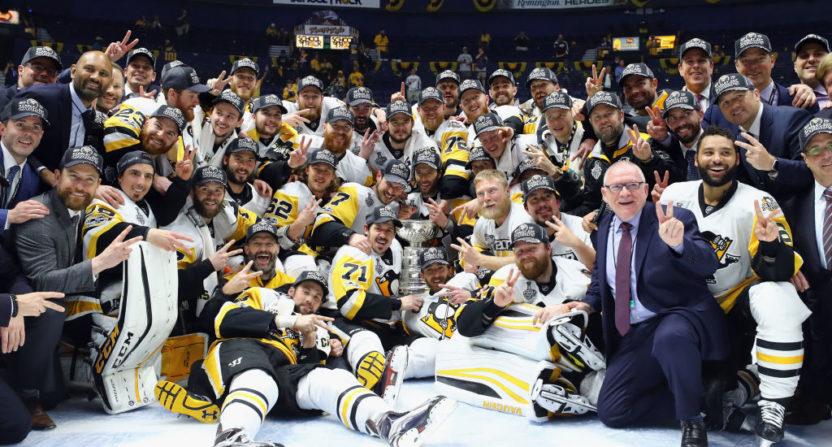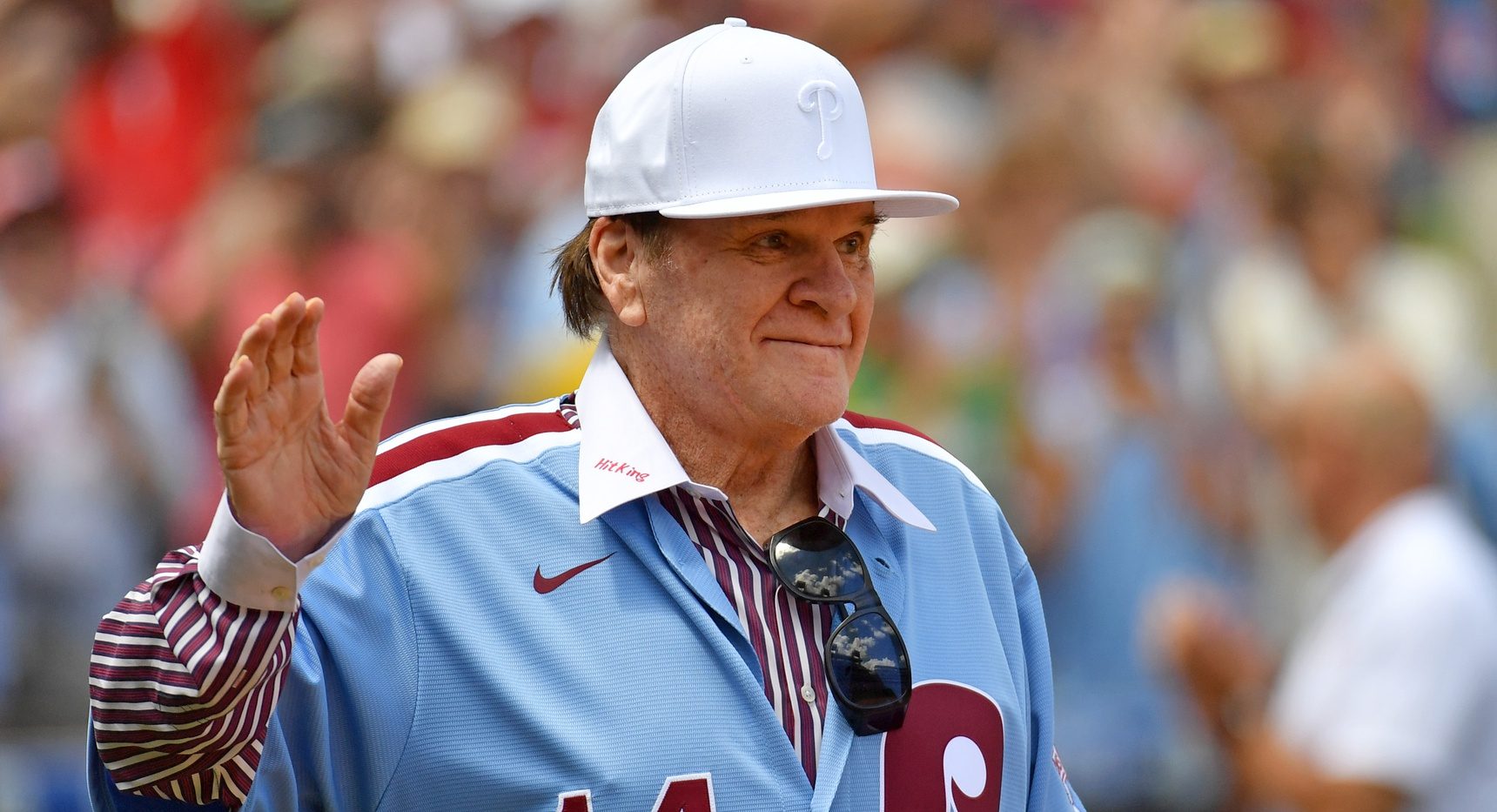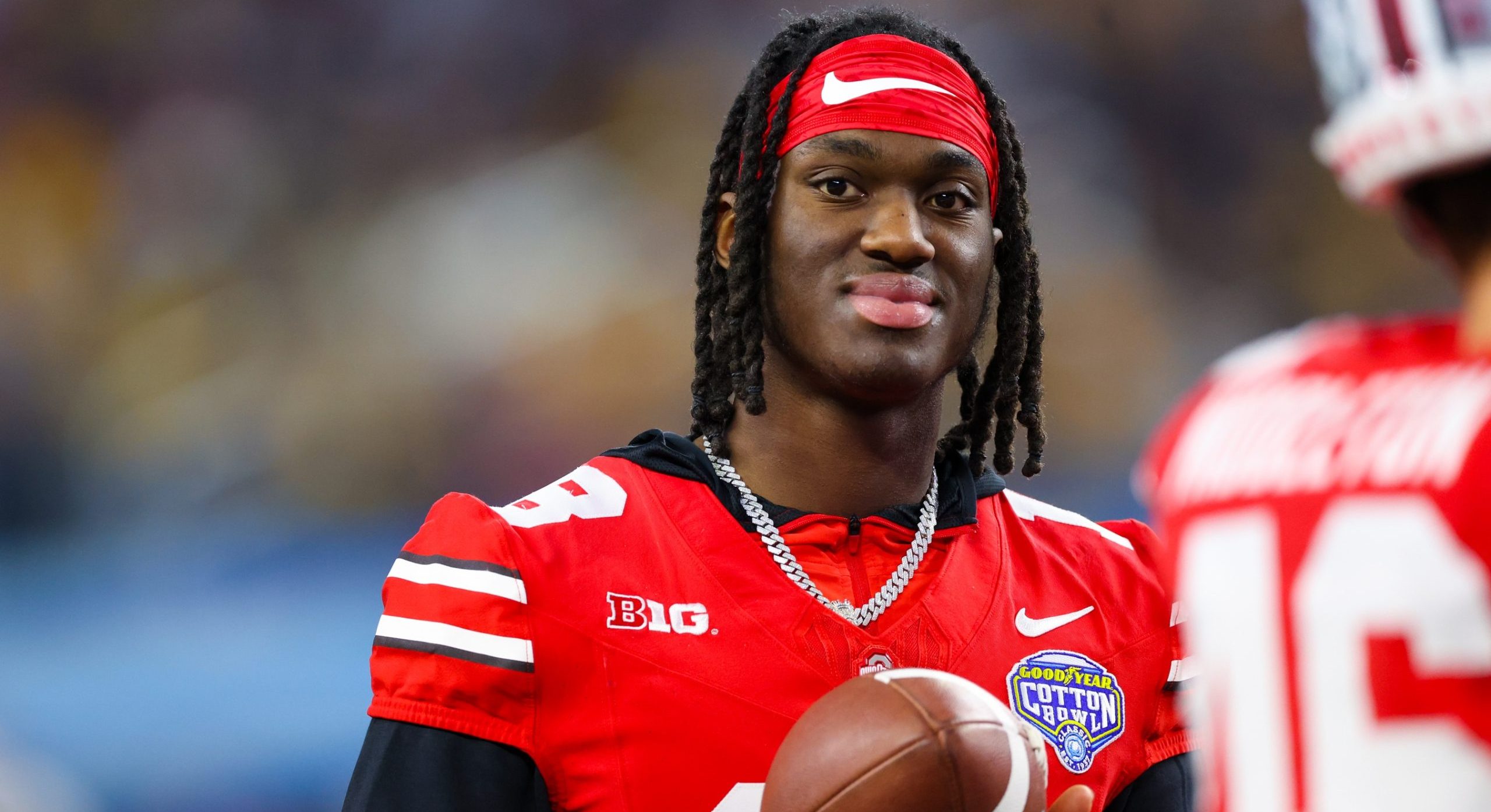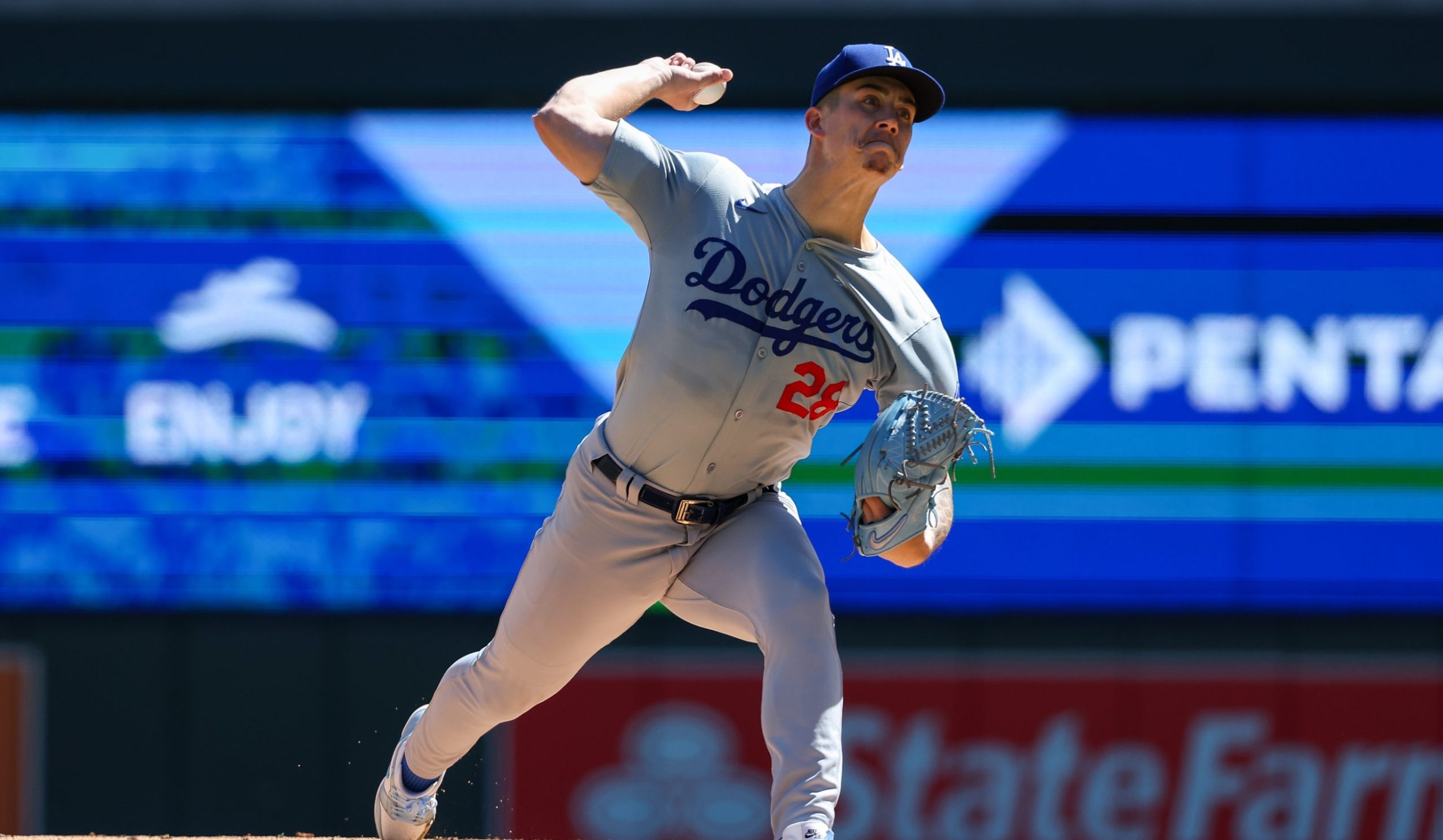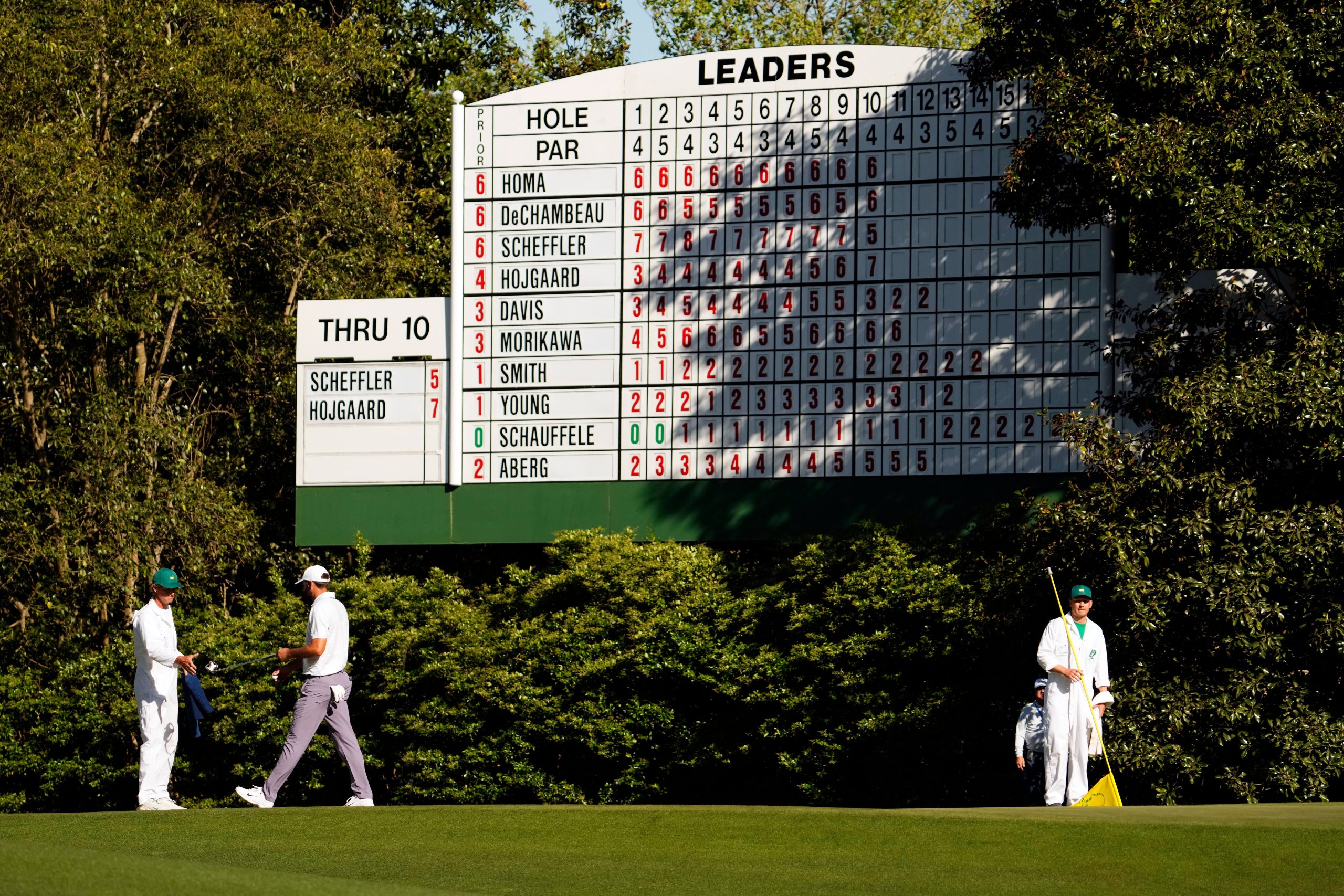Since the salary cap came to the NHL over a decade ago, the league’s competitive balance and parity has increased dramatically, but with that, the dynasties that came to define the sport throughout its history were seemingly lost. While there have been dominant teams, none until now were able to repeat as champions.
Therefore, the term “dynasty” in hockey came to be defined far differently than it used to; the Chicago Blackhawks with their three Cups in six years, and the Los Angeles Kings’ two in three became the closest thing to “dynasties” the NHL had in its new era.
But with the Pittsburgh Penguins now at long last becoming the first to repeat in 19 years, the term dynasty can be re-defined slightly, at least in the NHL sense.
In an era where teams get pillaged thanks to the salary cap seemingly every year, it becomes so hard to keep a dominant young, up-and-coming team together. The Detroit Red Wings, who succumbed to the Penguins first championship of this era, were as close as anyone had come to repeating. The Blackhawks were somehow able to find a way to rebuild on the fly and win again and again, as did the Kings during that same period, but neither of those teams could chain together two in a row.
While the Penguins have had Sidney Crosby, Evgeni Malkin, Kris Letang, Chris Kunitz and Marc-Andre Fleury to build on through the three championships they’ve won in this era, what has defined these Penguins in their back-to-back titles is their ability to find new players to step up when called upon.
Conor Sheary, Jake Guentzel, Bryan Rust, Patric Hornqvist, Carl Hagelin and many others up front have shouldered the burden with so many injuries that have ravaged the Penguins through multiple runs to the Cup.
And on the blue line, they’ve been called a “no name” defense, and some have said without Letang, they’re the worst defense in years to win the Cup. But they’ve only worn that moniker for a few moments in a postseason run that could have ended multiple times, both against Washington and Ottawa. The way they play minimizes what these blueliners have to do and therefore unlike most teams, they can lose their top defenseman and still keep on playing the same way.
Playoff wins in salary cap era:
1. Pittsburgh 91
2. Chicago 76
3. Anaheim 70
4. Detroit 68
5. San Jose 64Not that close.
— James Mirtle (@mirtle) June 12, 2017
The Penguins have made the postseason in every year since 2007, and have won the Cup three times in nine years. Using different supporting casts to backstop a pair of superstars, a few ancillary pieces, and a great goalie who has passed the torch onto his successor, Pittsburgh has gone through their ups and downs on their way here. For a time — especially after a lethargic first round exit in 2015 — there was talk as to whether Crosby would win another Cup, and whether the best years for the Penguins were in fact behind them.
They started slowly last season, and fired their coach. After they seemingly overreacted in 2014 after another premature exit and fired Dan Bylsma and GM Ray Shero, it seemed like the Penguins star was fading. But Mike Sullivan transformed this team, allowed it to ride out numerous injuries to key players and contributors, and with Jim Rutherford finding players to fill out the rest of the roster with low cap hits that also contribute in major ways, the Penguins find ways to reload every year in spite of the odds. Last year it was Sheary, and this year Guentzel, and next year, it could be someone entirely different. Injuries, transition and the cap has not derailed this team unlike what the Red Wings, Blackhawks and Kings faced before them.
When a team in any sport wins three championships in a row, they are called a dynasty. For the longest time in the NHL, it seemed that another dynasty might never form again. This is why hockey fans and observers had to graft the term dynasty onto teams that wouldn’t normally fit the traditional definition. But in an era with a salary cap that isn’t growing and pillaged powerful teams before them and an expansion team on the horizon, what the Penguins have done cannot be understated.

As with every team in the NHL, they will undergo some major changes this offseason. They will lose a player — quite possibly Fleury — to the expansion draft. They have 25 total contracts on their books for next season, including only three defensemen under contract. There will almost certainly be new pieces that have to come in and fill roles that so many in the past two seasons so ably did. But with Crosby at the height of his powers and showing no sign of slowing down, a fantastic supporting cast behind him, and a goalie who is still technically a rookie but has already won two Cups, there is no reason to think they’re going away anytime soon.
Becoming the first team since the New York Islanders’ dynasty in the early ’80s to win three Cups in a row seemed an unprecedented feat in this new era of parity and competitive balance in the NHL, but these Penguins have put most conventional wisdom to bed during this run. Who is to say they can’t do this again next year and put more conventional wisdom to the dustbin of hockey history?
Many will say they’re already a dynasty having repeated. They most certainly will be if they three-peat. And with how they’ve built their success in the last two years, facing all of the adversity they faced, there’s no reason to think they can’t do it again.

